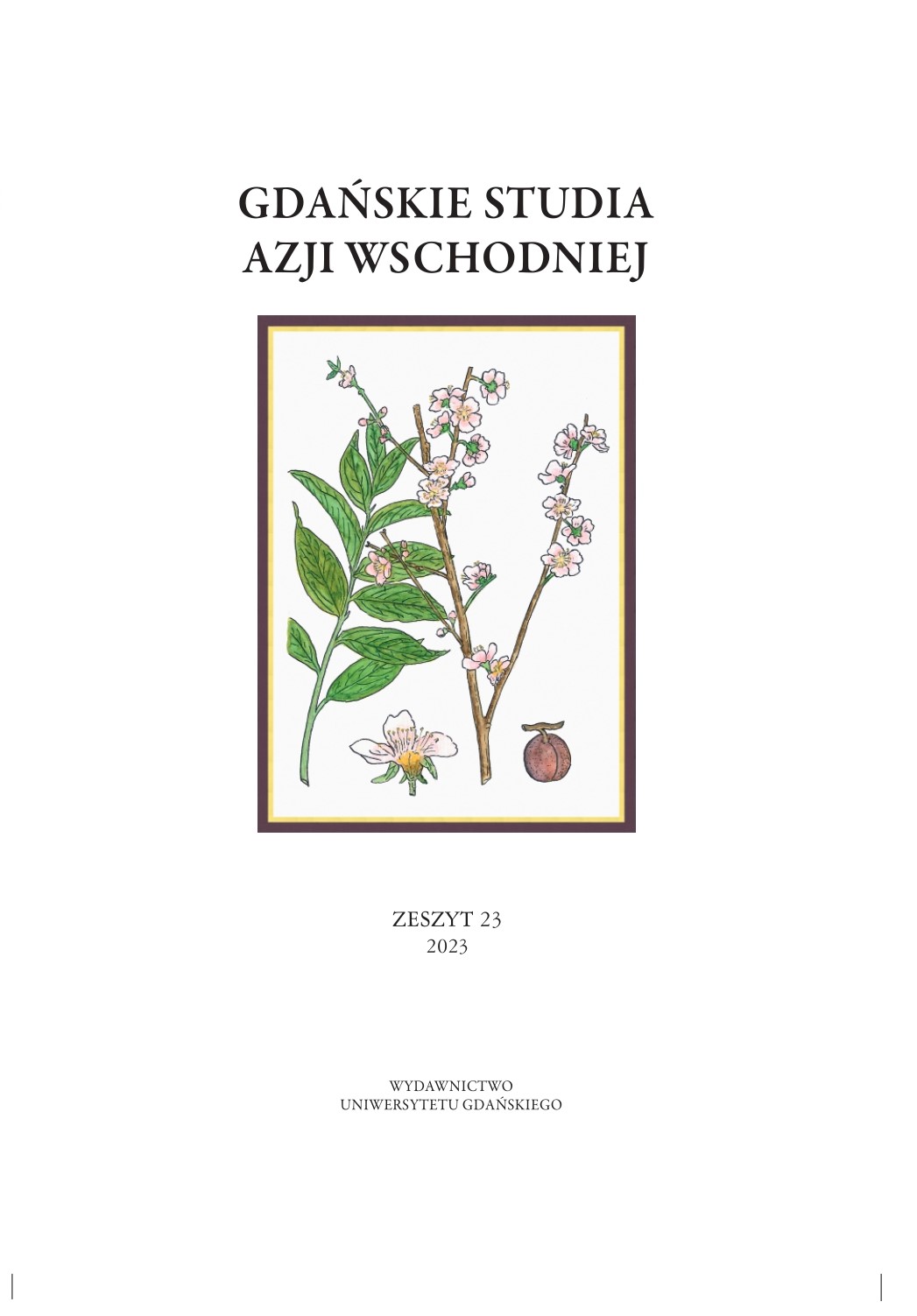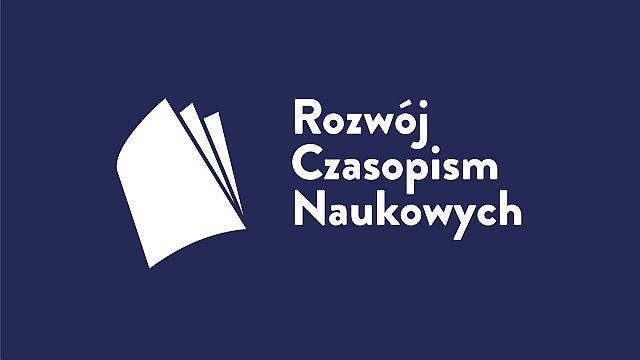Ulotne obrazy słowem malowane. Tłumaczenia jueju Tang Yinga 唐英 (1682–1756) autorstwa studentów trzeciego roku sinologii Uniwersytetu Gdańskiego
Abstrakt
This article aims at introducing Tang Ying (1682–1756), who is better known as the manager of the Jingdezhen manufacture than as a poet. Some of his short and expressive poems known in Chinese literature under the name of jueju 絕句 were translated by my students during our classical Chinese club sessions. Each translation is different not only because of the fact that each poem is different, but also because each of the students has his/her unique way of looking at the poems and understanding them. Poetry translation is one of the hardest tasks, as it requires not only knowledge of the language from which it is being translated, but also a unique skill in grasping a poem’s essence. Even though little is known about where and how jueju developed, the dominant theories speculate that they have their source during the Tang dynasty. They are known for their brevity and their poignant nature, which enchanted not only professional poets, but also “laymen” in this regard such as Tang Ying.
Downloads
Bibliografia
Chen N. (陈宁), Du tao guan Tang Ying „Taoren xin yu” wu juan bende zhengli yu yanjiu (督陶官唐英 《陶人心语》五卷本的整理与研究 [Nadzorca oficjalnej ceramiki Tang Ying – opracowanie i badanie pięciotomowego wydania Taoren xin yu]), Zhongguo Qinggongye Chubanshe, Beijing 2019.
Egan C.H., A Critical Study of the Origins of ‘Chüeh-chü’ Poetry, „Asia Major” 1993, vol. 6, no. 1.
Grimm M., Kaiser Qianlong (1711–1799) als Poet: Anmerkungen zu seinem schriftstellerischen Werk, F. Steiner, Stuttgart 1993.
Hsieh D., The Origins and Development of Jueju Verse, University of Washington, niepublikowana praca doktorska, 1991.
Jabłoński W. (red.), Antologia literatury chińskiej, PWN, Warszawa 1956.
Lam P.Y.K., Tang Ying (1682–1756): The Imperial Factory Superintendent at Jingdezhen, „Transactions of the Oriental Ceramic Society” 1998–1999, vol. 63.
Lorentz O., The Conflicting Tone Patterns of Chinese Regulated Verse, „Journal of Chinese Linguistics” 1985, vol. 8, no. 1.
Macioszek A., Tang Ying (1682–1756) i jego przedstawienie mowy serca garncarza w zbiorze poezji Taoren xin yu [w:] Azja i Afryka. Religie – kultury – języki, red. M. Klimiuk, Uniwersytet Warszawski, Warszawa 2013.
Reymont W., Chłopi, cz. 4, Lato, PIW, Warszawa 1976.
Rouzer P., Chinese Poetry [w:] The Oxford Handbook of Classical Chinese Literature, eds. W. Denecke, W.-Y. Li, X. Tian, Oxford University Press, Oxford 2017.
Schoenberger C., Rhythm and Prosody in a Late Imperial Musical Adaptation of Tang Poetry: Expectations Created, Fulfilled, and Denied, „Chinese Literature: Essays, Articles, Reviews (CLEAR)” 2013, vol. 35.
Słownik pojęciowy języka staropolskiego, pianie, pienie, https://spjs.ijp.pan.pl/haslo/index/10073/13730 (dostęp: 10.04.2023).

 Uniwersyteckie Czasopisma Naukowe
Uniwersyteckie Czasopisma Naukowe





